
European Democracy and Counter-Disinformation: Towards a New Paradigm?
Disinformation and influence campaigns from domestic and international actors have thrived during the pandemic. European policies that build public trust in democratic institutions should be accompanied by regulation of online platforms that focuses on transparency and accountability. For Carnegie Europe, Associate Fellow Sophie Vériter wrote a blog post based on our research project on COVID-related disinformation.
Disinformation has become a central subject of debate and concern in Europe. Influence operations have particularly thrived in the context of the coronavirus pandemic, fostering divisions and lowering trust in public institutions. Influence operations not only threaten Europe’s stability because of the anti-system narrative they fuel, but they also have the potential to stimulate racially motivated violence and harm deliberative democracy.
European governments are moving into a new phase in their efforts to counter disinformation. Our recent project with The Hague Program for Cyber Norms looked at how the governments of several European countries (France, Germany, Hungary, Serbia, Sweden, and the United Kingdom) have adjusted their counter-disinformation strategies during the pandemic. This identified two major trends. First, governments are realizing that the distinction between domestic and foreign disinformation has become increasingly obsolete. Second, alongside their attempts to regulate online platforms, governments are starting to think more about the democratic character of their counter-disinformation measures.
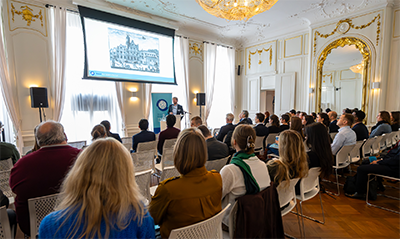


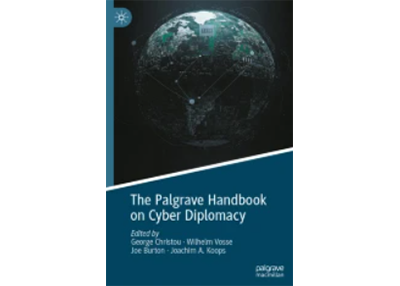


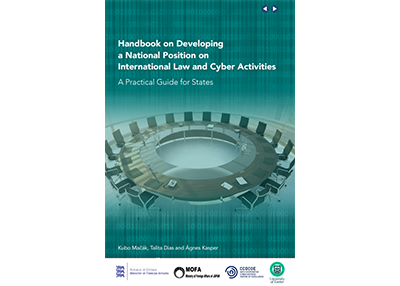


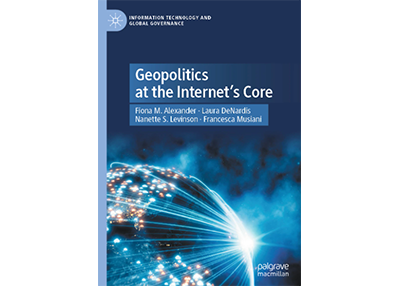







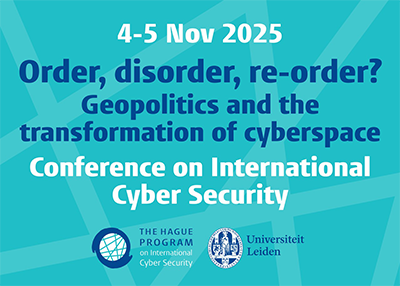
































_400x286.png)







































